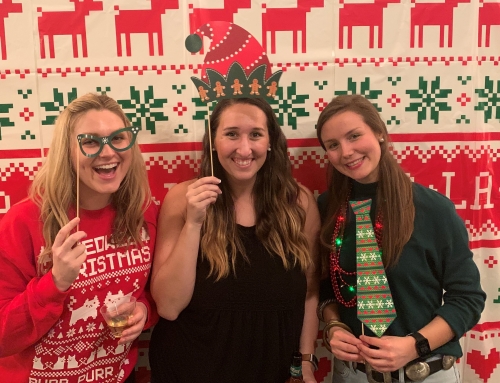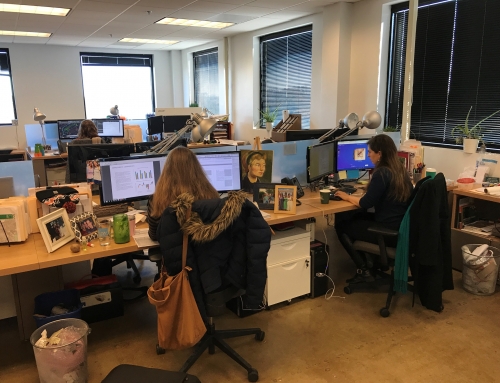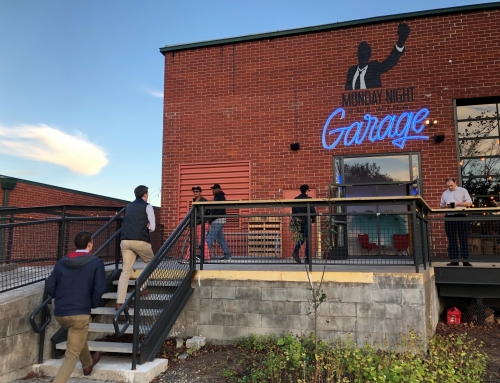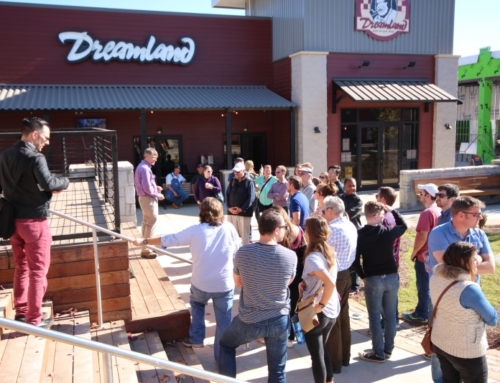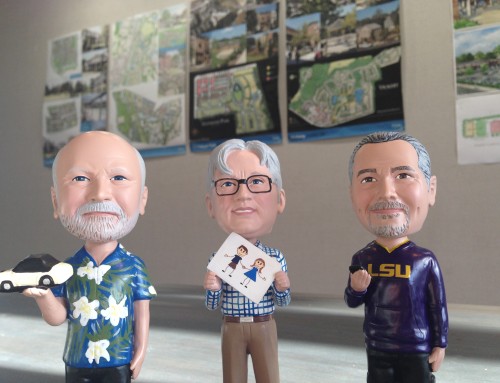Download Release (PDF)

One CNU Atlanta member is Tunnell-Spangler-Walsh (TSW, a full-service planning, architecture and landscape architecture firm celebrating its 20th anniversary this year. For two decades, the Midtown-based company has used an interdisciplinary approach to master plan some of the most successful mixed-use, sustainable communities in metro Atlanta and beyond. Members of the TSW staff, along with others from CNU’s Atlanta Chapter, have been hard at work over the past year planning the various programs that will constitute CNU 18.
“CNU 18 is titled New Urbanism: Rx for Healthy Places and has been organized with assistance from the Centers for Disease Control and Prevention,” said Northside resident Bill Tunnell, founding principal of Tunnell-Spangler-Walsh, and a member of the CNU 18 host committee. “Many of the strategies urbanists use to make communities more livable, energy efficient and better positioned for economic success are the same ones health officials promote to make places healthier. Studies have shown that there are numerous health, social, environmental and economic benefits that come from a more connected way of living that flourishes in towns where people walk, ride bicycles and interact with their neighbors,” he said.
Tunnell will moderate a breakout session called “Where do we go from Here? Rethinking Stalled Suburban Development” which will examine new ways to convert unfinished neighborhoods into more walkable mixed-use communities. TSW Senior Principal Caleb Racicot, CNU Atlanta Executive Chair, will present a session on applying form-based codes in real-live development situations. TSW Principal Adam Williamson will lead a tour of Marietta and Woodstock’s revitalized historic downtowns.
Rebekah Calvert, TSW marketing director, coordinated the production and design of Building Metropolitan Atlanta: Past, Present & Future, the essential reference and guidebook for those attending the Congress. It features 27 perspective articles covering regional topics and over 70 local smart growth communities and future projects advancing New Urbanist design and development and is available at www.lulu.com. Woody Giles, a planner at TSW, also worked on the book production and has played a significant role in publicizing its release. Finally, TSW Principal Christopher Leerssen will lead a walking tour of the Beltline.
In addition to Tunnell and Racicot, other CNU 18 speakers and participants include Andres Duany, founder of CNU and principal of DPZ, U.S. Housing and Urban Development Secretary Shaun Donovan, Dr. Richard Jackson and Dr. Howard Frumkin, co-authors of Urban Sprawl and Public Health, Shelley Poticha, senior advisor for sustainable housing and communities at the Dept. Of Housing and Urban Development, Douglas Farr, author of Sustainable Urbanism and David Byrne, musician, artist and author of Bicycle Diaries.
In order to see ideas in action, attendees will have the opportunity to tour a number of metro Atlanta’s sustainable communities, including several TSW projects: Woodstock Downtown (Woodstock), Vickery (Cumming), Glenwood Park (East Atlanta), Clark’s Grove (Covington) and Manget (Marietta).
“These are all highly desirable places for people to live, work and play,” said Tunnell, “because they are based on universal principles of human scale and walkability that have mostly been forgotten since the advent of the automobile. You might say it takes a village to build a village since these types of communities are usually the result of intense collaborations between passionate developers and design professionals who often have to rewrite the rules of conventional development to get them built.”
TSW is currently working on the Wheat Street Gardens Redevelopment and Wheat Street Campus Master Plan in Atlanta’s Old Fourth Ward neighborhood. The plan will combine approximately 16 acres of a variety of residential types, infill commercial along Auburn Avenue and the renovation of Wheat Street Tower into a modern facility with a new mixed-use annex. The team is excited about the planned project and looks forward to preserving the historic past and creating a neighborhood much like the award-winning Glenwood Park. The design depicts a mix of uses, high quality urban design, and architecture that complements the dynamic and diverse Old Fourth Ward.
Tunnell said, “As more people embrace the principles of New Urbanism, new ideas are generated and the demand for livable communities grows. Even in an established city like Atlanta, neighborhoods can be revitalized, historic areas can be re-imagined and commercial districts can be retooled for livability and beauty. At the end of the day, it’s all about designing and building healthier communities to foster more satisfying lifestyles for the people who live there.”
About Tunnell-Spangler-Walsh
Tunnell-Spangler-Walsh is a full-service planning, architecture and landscape architecture firm. The award-winning company was founded in Atlanta by Bill Tunnell, Jerry Spangler and Tom Walsh in 1990 and specializes in developing sustainable communities, greenspaces, homes and commercial buildings. TSW is a leader in the New Urbanist movement and employs a community planning and design process that links tradition and context with today’s cultural and environmental demands. By integrating the disciplines of planning, landscape architecture and architecture, TSW delivers a continuum of design services to its clients, which has resulted in some of the Southeast’s most appealing and successful mixed-use communities, campuses, commercial buildings, resorts, streetscapes, homes and parks.
Sustainable design is an integral part of all TSW work, from the master plan level to the individual building components. Most of TSW’s staff are LEED Accredited Professionals and their designs incorporate a range of ideas for progressive energy and resource saving solutions.

